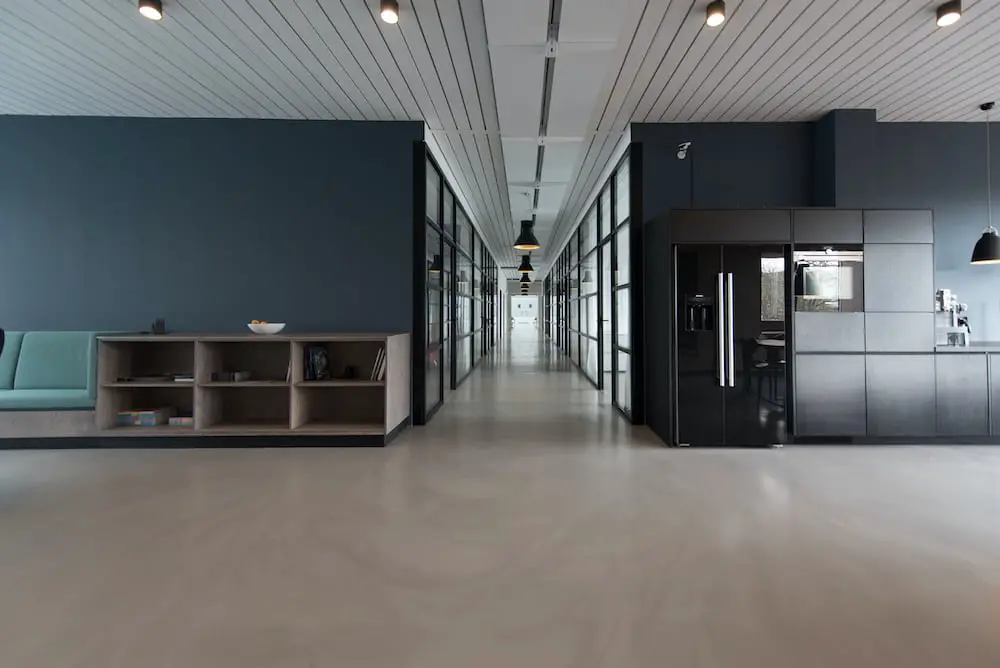Biden opens $35 billion in federal funds to developers to covert offices to homes
The Biden administration has unveiled a comprehensive plan to tackle the shortage of affordable housing by repurposing high-vacancy commercial buildings for residential use.
This initiative aims to provide cost-effective, conveniently located, and energy-efficient homes to meet the growing demand.
As part of this announcement, the Department of Transportation is set to provide guidance on more than $35 billion in funding for transportation-oriented development projects.
Buttigieg said that “over $35 billion in lending capacity” will be made available to provide below-market rate loans to finance both new housing construction and office conversions near transportation hubs.
Additionally, the Transportation Department will facilitate the transfer and repurposing of existing properties for transit-oriented development and affordable housing projects, especially those near public transportation options.
The Department of Housing and Urban Development will play a crucial role by updating guidelines on how the Community Development Block Grant fund can be utilized to boost housing supply.
This includes the acquisition, rehabilitation, and conversion of commercial properties into residential and mixed-use developments.
To further support these efforts, HUD will start accepting applications for the Pathways to Removing Obstacles to Housing program, offering $85 million in funding for adaptive reuse strategies and conversion financing.
Furthermore, the White House will release a Commercial to Residential Federal Resources Guidebook, which outlines more than 20 federal programs spanning six federal agencies.
These programs will provide various resources, such as low-interest loans, loan guarantees, grants, and tax incentives, to facilitate residential conversion projects.
In a call previewing the announcement, White House National Economic Council Chair Lael Brainard described these initiatives as a “win-win” solution to address the housing crisis.
“We know that commercial building vacancies are at an all-time high in some cities and communities across the country, while housing supplies in those same communities remain constrained,” she told reporters Thursday.







